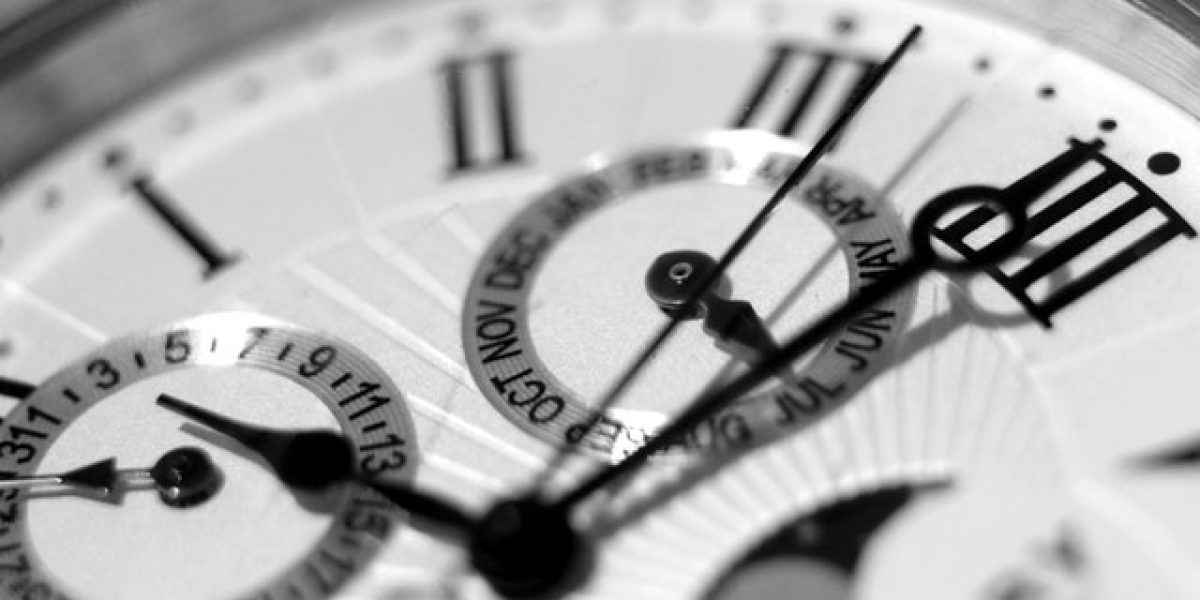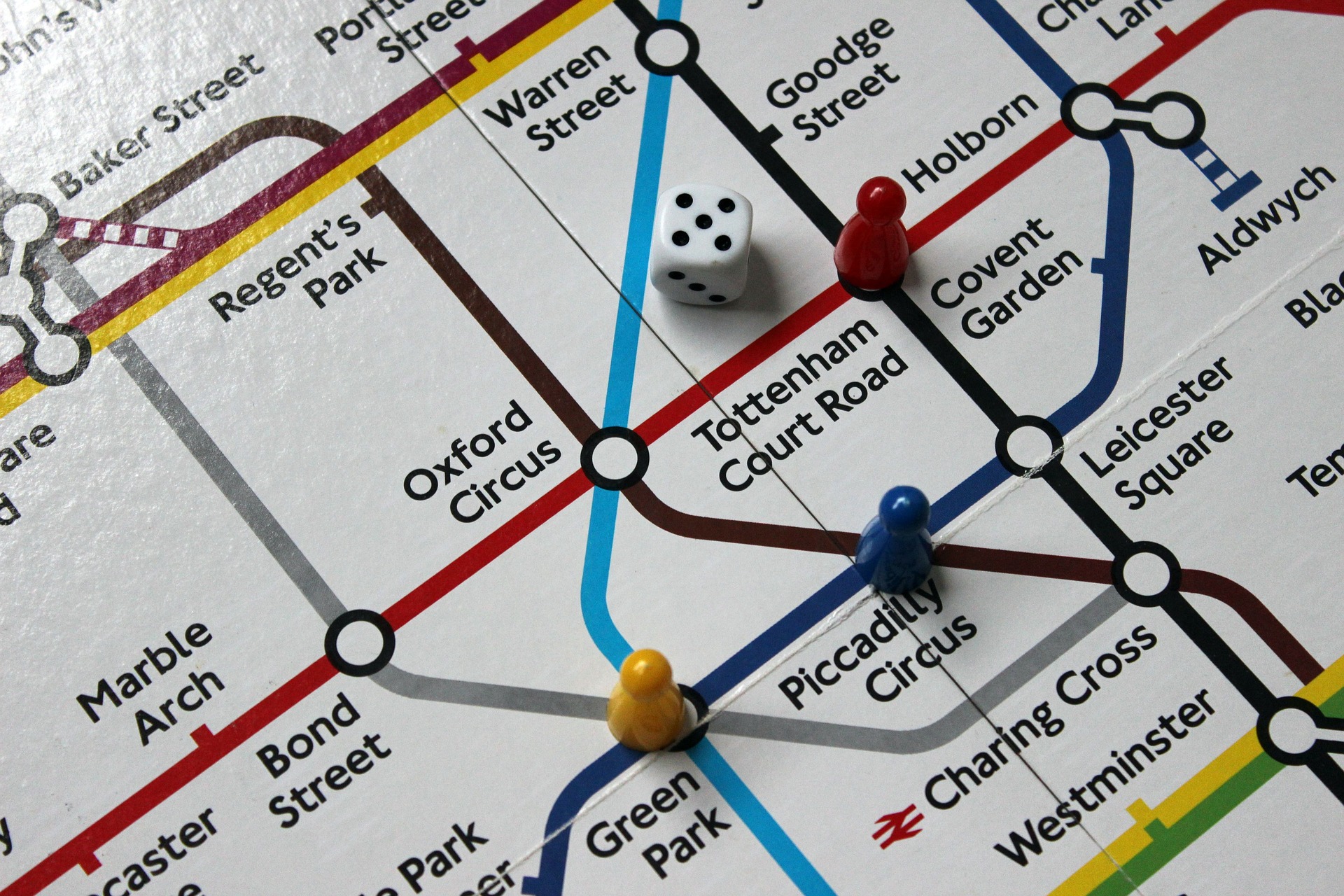Is it really that difficult?
I was sat in the coffee shop checking my watch for the third time. In strolls my client 25 minutes late. ‘Is that the time? Sorry I’m late, my eleven o’clock ran on a bit.’ he explained. Without further elaboration he pressed on with the meeting as if all was well. All was not well; I was bloody annoyed. I had travelled early to make the meeting and had with ten minutes to spare. I always do. The legacy of arriving early has stuck with me since my earliest days in the Royal Navy. It was tradition to arrive ten minutes early for your watch on the bridge and woe betide you if you were late. I used to be constantly checking the time to ensure that I was early for my watch. How mad it seems now that I used to worry about how early I needed to be!
The penalties for being late on watch in the RN were quite severe ranging from stoppage of overnight leave (called punishment No. 14) for first offenders to completing a variety of tasks onboard ship, such as painting and cleaning (called punishment No. 9) for habitual offenders. The worst possible task was that of washing up the galley dishes after two hundred and fifty people had eaten, which was reserved for the worst offenders.
There was a hierarchy of time crimes and the more serious blunders carried by far the worst penalties. The ultimate sin was that of missing a muster when under punishment. Being late for your punishment was a big issue. The men under punishment would be mustered at a certain place at a certain time by the head of the police onboard the warship, in our case a (well-liked) man called the Master at Arms.
On one memorable occasion, a Glaswegian sailor was severely chastised by the Master at Arms for not turning up for a muster, asked why he had not attended he replied ‘I must ‘a missed the muster mustn’t a Master!’
The second most-punished time crime was that of missing a fire muster, which came into play when you were part of the ship’s fire fighting party and responsible for the emergency response to a fire. This could happen for real of course and was also carried out as an exercise during the day to test the response times of the conscripted fire party. My abiding memory of this was aboard my first ship HMS Ark Royal, a massive aircraft carrier and the largest ship in the Royal Navy at the time.
Ark Royal was a floating town. She had over 2000 crew and was vast and complicated to find your way around. I met a colleague 10 years after leaving the ship who had served on the Ark Royal the same time as me for two years and we had never met. The scale of the ship was unbelievable. We used to joke that the guys at the front of the ship were in a different time zone to the ones at the back.
The ship was divided up into compartments and decks, allegedly for ease of navigation. In reality it was a nightmare. Let me give you a flavour. The decks were simple: the flight deck was number one and as you descended into the bowels of the ship the numbers went up. So, seven decks down, you were on seven deck (so far so good?).
Now the tricky part. From the front of the ship to the back the compartments were alphabetical:A at the front and Z at the back. Facing towards the front of the ship, all the compartments to the right of centre (starboard) were given odd numbers ascending from the centre. All the compartments to the left (port) were given even numbers ascending from the centre (still with it?).
So, to demonstrate the point, the mess deck where I lived was at 3J3. This meant that it was on 3 deck, (third from the top) J section (10th from the front) and the compartment was the second one out from the centre. Still with it? If not go back 6 lines. Well, the madness did not stop there. If a compartment was very large it would be subdivided again into smaller compartments using the same system. At the front of a large compartment you would have another ‘a’ section and if it was out to the right it would be given an odd number dependent on how many sections were situated within the larger compartment. I think you get the picture.
On this memorable occasion there was a real fire. The alarm was raised and the fire was in 7Na4 (you work it out)! I ran like hell, picking up a fire extinguisher on the way, and started to descend the decks. What could go wrong? 5 deck, 6 deck, running towards the stern now 6K, 6L and then disaster: a dead end. This was not good: not only was the ship on fire but I could not get to it and I was 6 decks down from the flight deck. I doubled back and went up a deck and then tried again, no luck: another dead end.
It was then I realised I had hit the bulkhead at the front of the huge aircraft hangar which virtually took up the entire width of the ship. I was going to have to circumnavigate this. By the time I reached 7Na4 the fire had been put out and the fire party had gone.
Then disaster. The voice of the Master at Arms came over the ships tannoy ‘REM Bennett’ (me), ‘report to 4Va3’ (his office).
Running like a madman, I tried to retrace my steps and took a further eight minutes to find the Master at Arms. I knew I was in big trouble as I had missed the fire and was late getting to his office. ‘Where the bloody hell have you been?’, he screamed. ‘I have absolutely no idea Master’, I replied.
To this day I think he thought I was trying to be funny, but it was the truth. I had no idea where I had been. Washing up the dishes after 2000 people had eaten is a memory that will stay with me forever and perhaps explains my intolerance to people being late without a seemingly good excuse. How lucky my client was not in the Royal Navy, otherwise he would have been washing up for a month.













